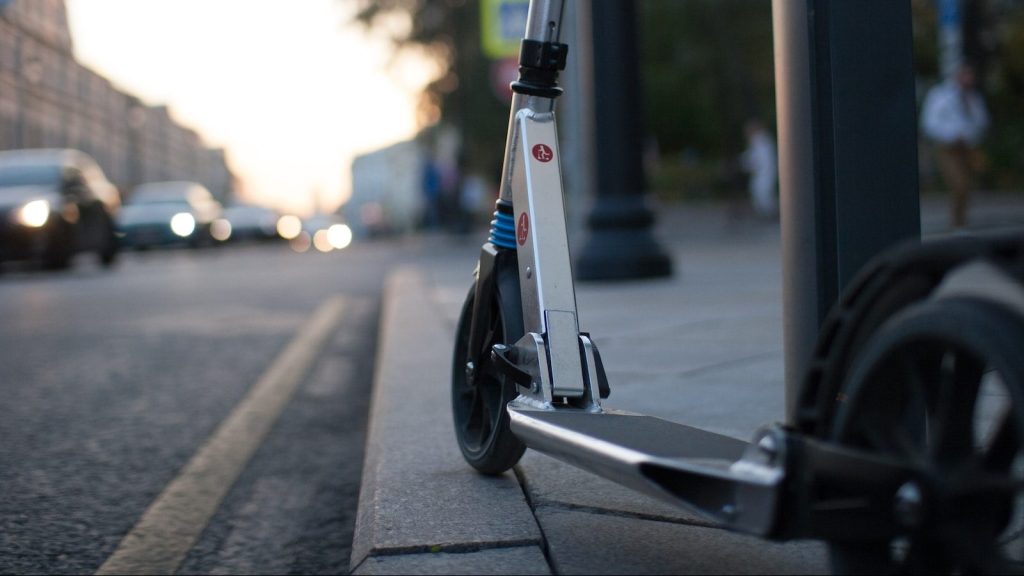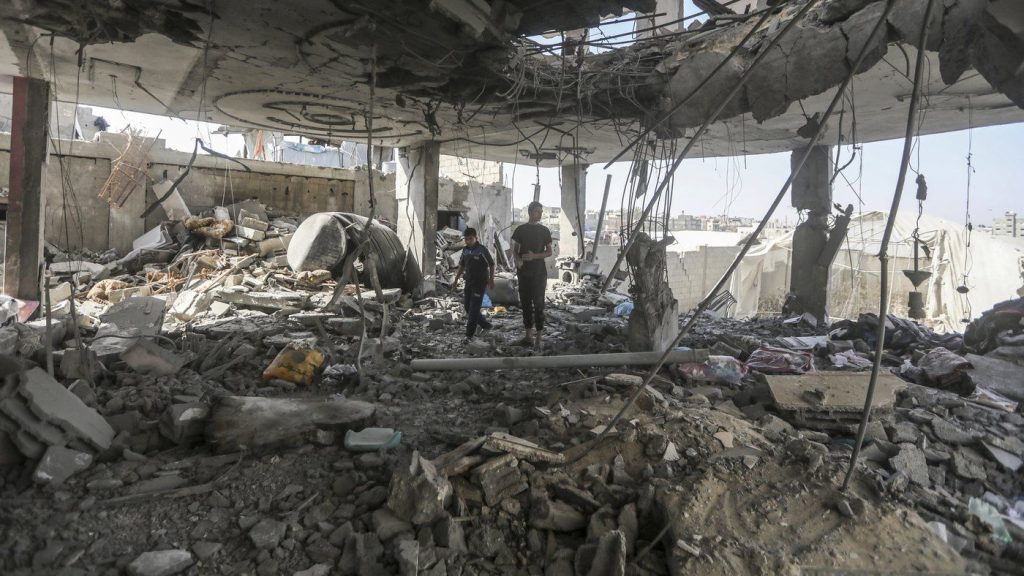New passenger protection rules to limit tarmac delays to 3 hours
Posted May 24, 2019 6:40 am.
Last Updated May 24, 2019 3:04 pm.
Travellers will not be left stranded on the tarmac for more than three hours if takeoff is not imminent, according to a new set of air passenger protection rights unveiled Friday.
Transport Minister Marc Garneau unveiled the details Friday morning, saying the rules and timelines aim to strike a balance between being fair to passengers and to air carriers.
He called the rules around cancellations “more complex requirements” that require a longer runway so airlines can draw up and implement new policies.
“Buying an air ticket can be a very big expense for Canadian families,” Minister Garneau said. “They deserve fair and consistent treatment. When we buy a plane ticket, that ticket is a contract with obligations for both the airline and the traveller.”
Come July 15, airlines will be required to pay up to $2,400 for anyone who is denied boarding for situations within the airline’s control, such as over-booking, and up to $2,100 for lost or damaged luggage, which is already outlined in international rules.
The new rules in the government’s long-promised passenger bill of rights will also require airlines to provide passengers washrooms, ventilated cabins, food and water if they are delayed while sitting on a tarmac – a response to a 2017 incident at Ottawa’s airport in which two jets sat on a tarmac for six and five hours, respectively, in sweltering summer heat.
New rules will require airlines to provide updates, and to return to the gate and let people off if the delay reaches three hours, but gives the option of a 45-minute extension if there is a possibility the plane will be able to take off.
Airline passenger advocate Dr. Gabor Lukacs calls the three hour limit “unreasonable” adding it could be argued that it violates passengers’ liberties.
“When you board an aircraft, you board it for the purpose of travel. If that purpose is not being cared for when you’re stuck on a tarmac, you should have the right to disembark. And that right of personal liberty and freedom is what’s being encroached on by the regulators,” Lukacs tells CityNews.
Lukacs says among the options being considered is a legal challenge of the regulations in the courts.
Airlines will also have to follow new rules for allowing musical instruments on planes either as checked or carry-on baggage.
“There will be penalties, up to $25,000 per violation for carriers who do not provide these minimum standards,” said Garneau.
But travellers will have to wait until just before Christmas for rules requiring airlines to seat parents beside or near their children at no extra cost, as well as compensation for flight delays and cancellations within an airline’s control.
Compensation will top out at $1,000 for delays of more than nine hours on a major airline, while smaller airlines, such as those that fly in the North, will have to pay passengers $500 for similar delays.
Passengers will be able to take the cash payments only after filing claims. Airlines could also offer vouchers or rebates, but the value will have to be higher than the cash payment and can never expire. Either way, passengers get to decide which they want.
Large airlines will also be on the hook for $400 along with a complete refund if a delay or cancellation scuttles more extensive travel plans.
Lukacs says the “airline friendly regulations” actually do more to reduce protections afforded to Canadian travellers.
“It’s a milestone in the destruction in the rights of Canadian airline travelers.”
Lukacs adds the regulations announced leave Canadians far behind the European Union’s “gold standard” of air passenger protections.
“This is an anti-passenger regulation or airline protection regulation. It protects airlines from the legitimate claims of passengers,” he said. “The government gets a grade F in respect to passenger rights.”
Watch the full announcement below.
Here’s what’s coming and when each measure arrives:
Starting July 15
– Airlines will have to compensate anyone who is denied boarding for situations within an airline’s control, such as over-booking. Delays of up to six hours will cost $900, when the compensation doubles to $1,800; it’s $2,400 if the delay is longer than nine hours. Payment will have to happen at the time the passenger is notified of the denied boarding.
– Airlines will have to provide passengers clear, concise and accessible information about delays, cancellations, denials of boarding, lost or damaged baggage and the seating of children under 14, and provide updates on flight status as soon as possible and then every 30 minutes until a new departure time is set.
– Airlines will have to let passengers get off planes if a tarmac delay hits three hours, unless within the next 45 minutes there is an imminent probability that the flight can depart. After the extra time, if the plane is still on the ground, everyone has to get off unless there’s a safety or security reason against it.
– During tarmac delays, passengers must have access to working lavatories, food and drinks, and the plane must be properly ventilated, heated or cooled.
– Airlines will have to pay up to $2,100 for lost or damaged luggage.
– Musical instruments will be allowed on flights, either as checked or carry-on baggage, but airlines will have to create policies detailing size restrictions, cabin-storage options, and transportation fees.
Starting Dec. 15
– A new compensation structure takes effect for any passenger whose flight is delayed from departing or cancelled. Large airlines – those that transport more than two million passengers annually – will have to pay $400 for delays between three and six hours, $700 for delays stretching to nine hours, and $1,000 for delays beyond that. The compensation levels for smaller airlines are $125, $250 and $500.
– To get the money, passengers will have to file a claim with the airline, which then has 30 days to pay up or explain why it doesn’t think it has to pay.
– Passengers will get to decide whether to take cash, vouchers or rebates. If a passenger chooses non-cash compensation, the value will have to be higher than the cash offer, and can never expire.
– Once a delay hits two hours, airlines will have to offer “reasonable quantities” of food and drink and amenities such as free Wi-Fi.
– Once a delay hits three hours, passengers will have to be booked on the next available flight, or potentially on a competing airline. If rebooking doesn’t meet a passenger’s travel needs – if they no longer need to fly, for instance, because they’ve missed what they were flying for – they can get a refund and an extra $400 from large airlines, and $125 from small carriers.
– Children under age five will have to be seated next to a parent or guardian at no extra cost. Children five to 11 years old can be separated by no more than one seat in the same row, while 12- and 13-year-olds can’t be separated from guardians by more than one row.










